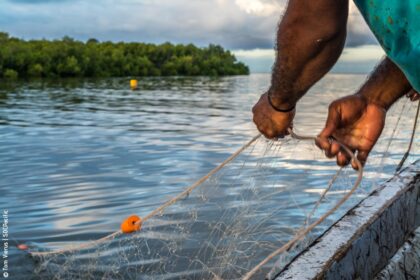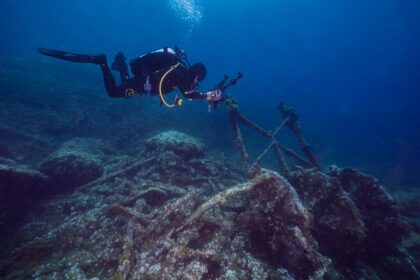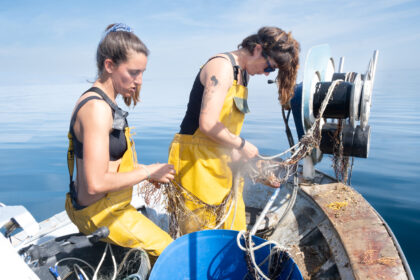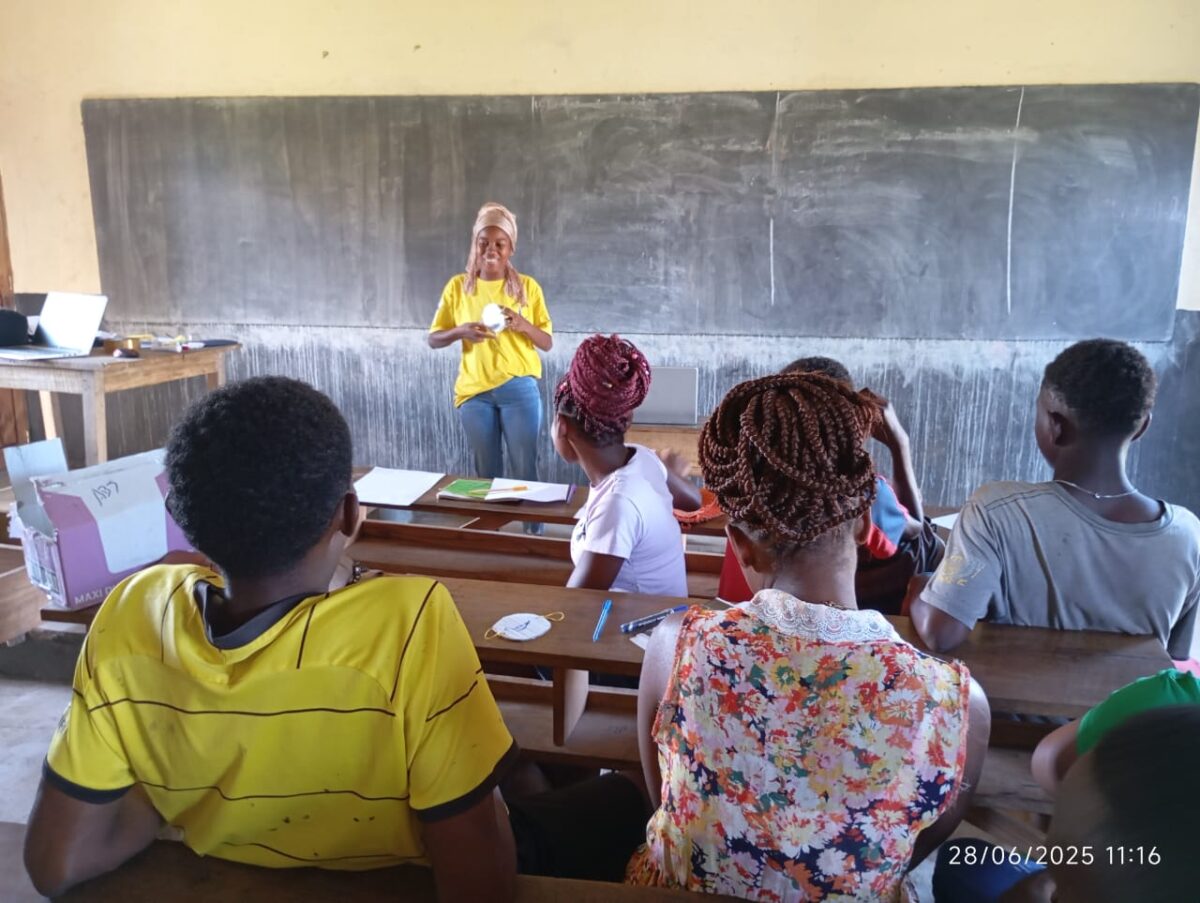
The Small-Scale Fisheries Guidelines Curriculum
A learning framework for young people and local educators to explore, imagine, and mobilize the Voluntary Guidelines for Securing Sustainable Small-Scale Fisheries in the Context of Food Security & Poverty Eradication in their beautiful, complex, changing fishing villages.
Lead Institution: Coast 2 Coast Movement
Location: Peru, Nigeria, India, and Madagascar
Small-scale fisheries (SSF) are foundational to food security, livelihoods, and cultural identity. Since early human history, communities have settled near salt and freshwater sources, cultivating intricate relationships with the nonhuman life within these ecosystems—relationships embedded in food systems, livelihoods, and cosmologies. Fishing villages, whether coastal or inland, remain deeply connected to water systems such as oceans, lakes, and rivers. Their artisanal fishing traditions embody universal values: intrinsic and shared qualities that connect people and nature in a coherent way, transcending cultural, religious, and social boundaries, and serving as a foundation for equitable and sustainable futures. Yet today, these communities face mounting pressures from climate change, industrial fisheries, and colonial legacies.
Remote locations with limited access to markets, healthcare, and education make them especially vulnerable. Young people disengage as ecosystem decline and precarity push them toward cities, lacking access to opportunities to nurture their aspirations or contribute to sustainable futures. Schools, nonprofits, and community organizations—key allies in awareness-raising and participatory monitoring—remain underutilized, while institutional silos and mistrust between communities and authorities continue to undermine inclusive governance. The Voluntary Guidelines for Securing Sustainable Small-Scale Fisheries in the Context of Food Security and Poverty Eradication (SSF Guidelines) are the first international instrument dedicated to the well-being of small-scale fisheries and their communities. Developed through an extraordinary participatory process, they face significant challenges in local implementation. In many regions, the Guidelines remain poorly contextualized for local stakeholders and underutilized at the community level.
The SSF Guidelines Curriculum translates the FAO’s Voluntary Guidelines for Securing Sustainable Small-Scale Fisheries into participatory, place-based learning experiences. It engages educators and learners in cultivating meaningful social-ecological relationships, strengthening cultural continuity, and fostering youth agency in shaping sustainable futures that fulfill their aspirations while nurturing the well-being of their rural fishing villages. The curriculum is co-created with educators, artists, and community leaders in Peru, India, Nigeria, Madagascar, and beyond. Activities combine youth action research, audiovisual storytelling, and outdoor learning to: Investigate ecological and cultural realities. Document and reanimate traditional knowledge. Imagine sustainable community futures. Grounded in the concept of fractal agency, the project fosters interconnected change at personal, practical, and political scales: nurturing individual confidence, enabling everyday practices that strengthen local governance, and amplifying community voices in national and global decision-making.
Participants engage with the SSF Guidelines’ key themes—tenure rights, inclusive governance, social development, decent work, gender equity, climate adaptation, and participatory policy creation—through three pedagogical pillars: investigation (youth-led research and monitoring), imagination (creative storytelling and visioning), and immersion (ocean play, environmental stewardship, and community-led monitoring). This “edutainment” approach transforms abstract global policy into concrete, culturally resonant action that strengthens equity, resilience, and sustainability in small-scale fisheries. While the SSF Guidelines represent a landmark international policy tool, their practical application remains limited across many inland fishing communities and coastal regions.
Collaboration: During the 2022 International Year of Artisanal Fisheries and Aquaculture (IYAFA 2022), Coast 2 Coast Movement collaborated with local educators in Peru, India, Nigeria, and Madagascar to co-create and pilot lesson plans that transformed the Small-Scale Fisheries (SSF) Guidelines into an interactive learning framework. This process ensured that youth voices, intergenerational knowledge, and cultural practices shaped the curriculum from the ground up. Today, educators continue to pilot the first edition in diverse contexts with key partners. Supported by The Nature Conservancy, in Peru, teachers in three public schools and two non-formal educational projects in fishing villages are implementing the activities, testing how lesson plans can fit the state-mandated curriculum. In Nigeria, with the Nature Cares Resource Center, students pilot activities as part of a summer school. In India, with Sebastian Indian Social Projects (SISP), two local educators host a weekend “SSF Youth Club” for students. In Madagascar, Blue Ventures works alongside the Vezo Academy and the Youth Group of Antsahampano to pilot activities. Anchored in global collaboration with Too Big To Ignore, a research network amplifying the importance of small-scale fisheries worldwide, and supported by the Lighthouse Foundation, this collaborative framework enables the curriculum to remain a living, adaptable tool that strengthens community ownership and advances equity, sustainability, and resilience across small-scale fishing communities.

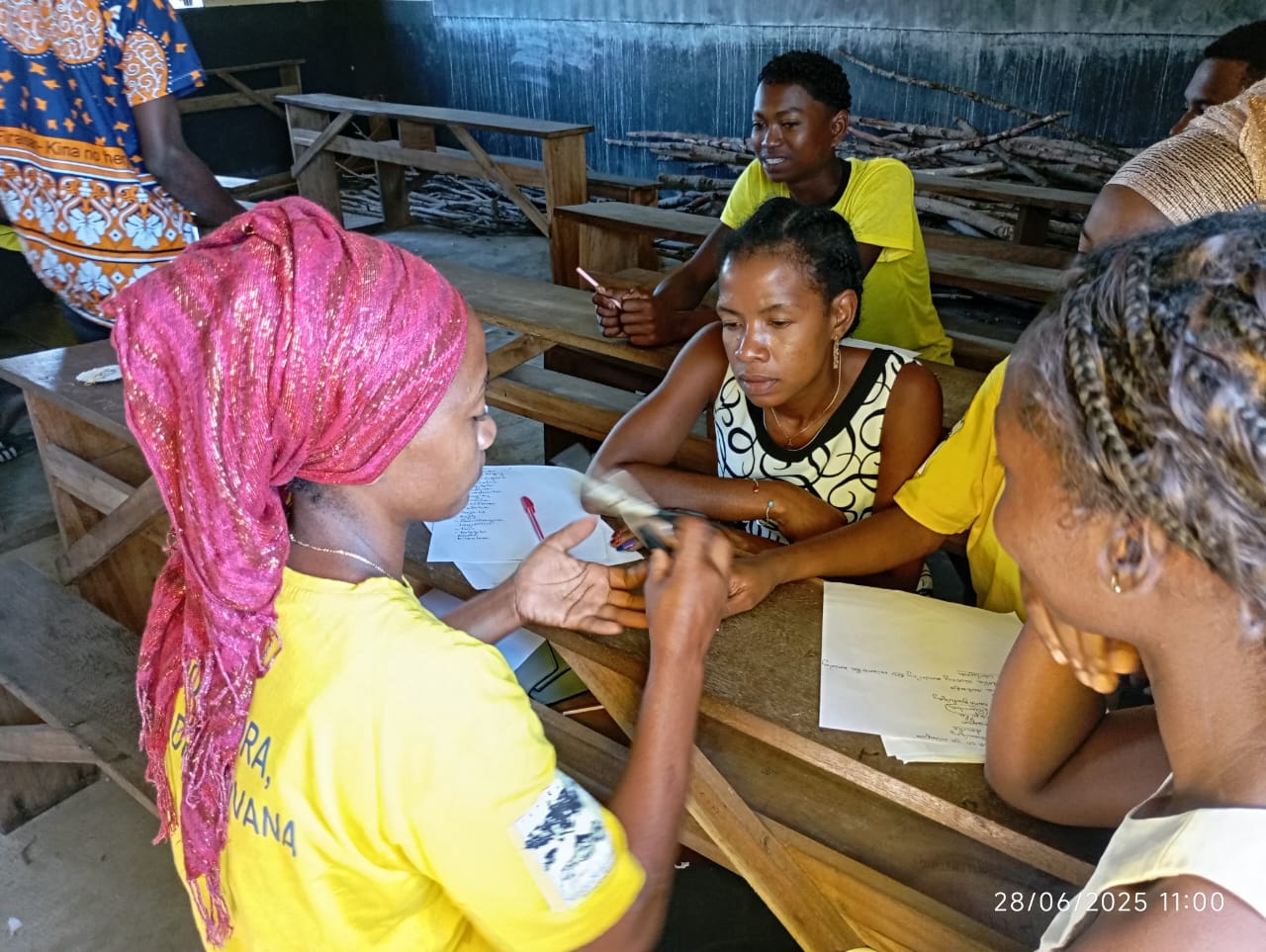
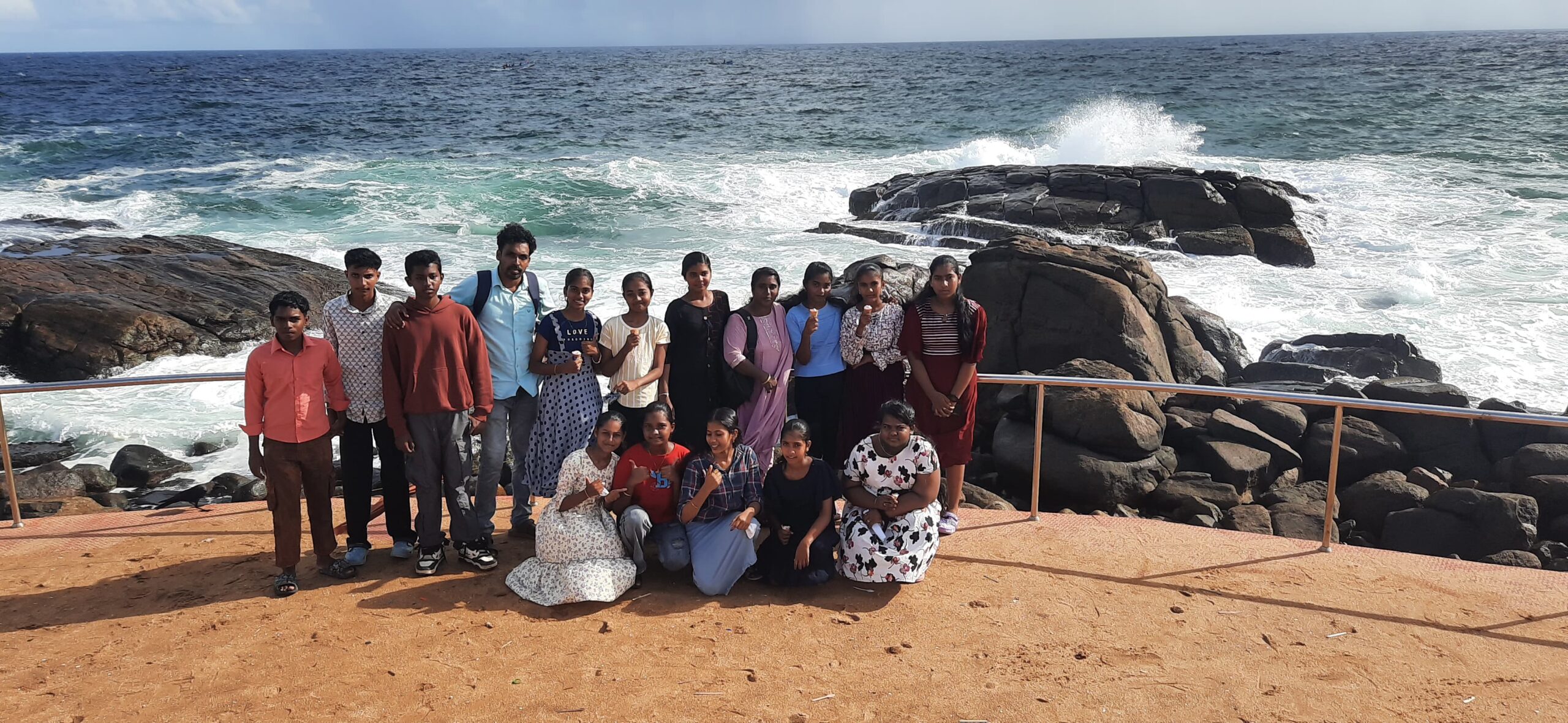
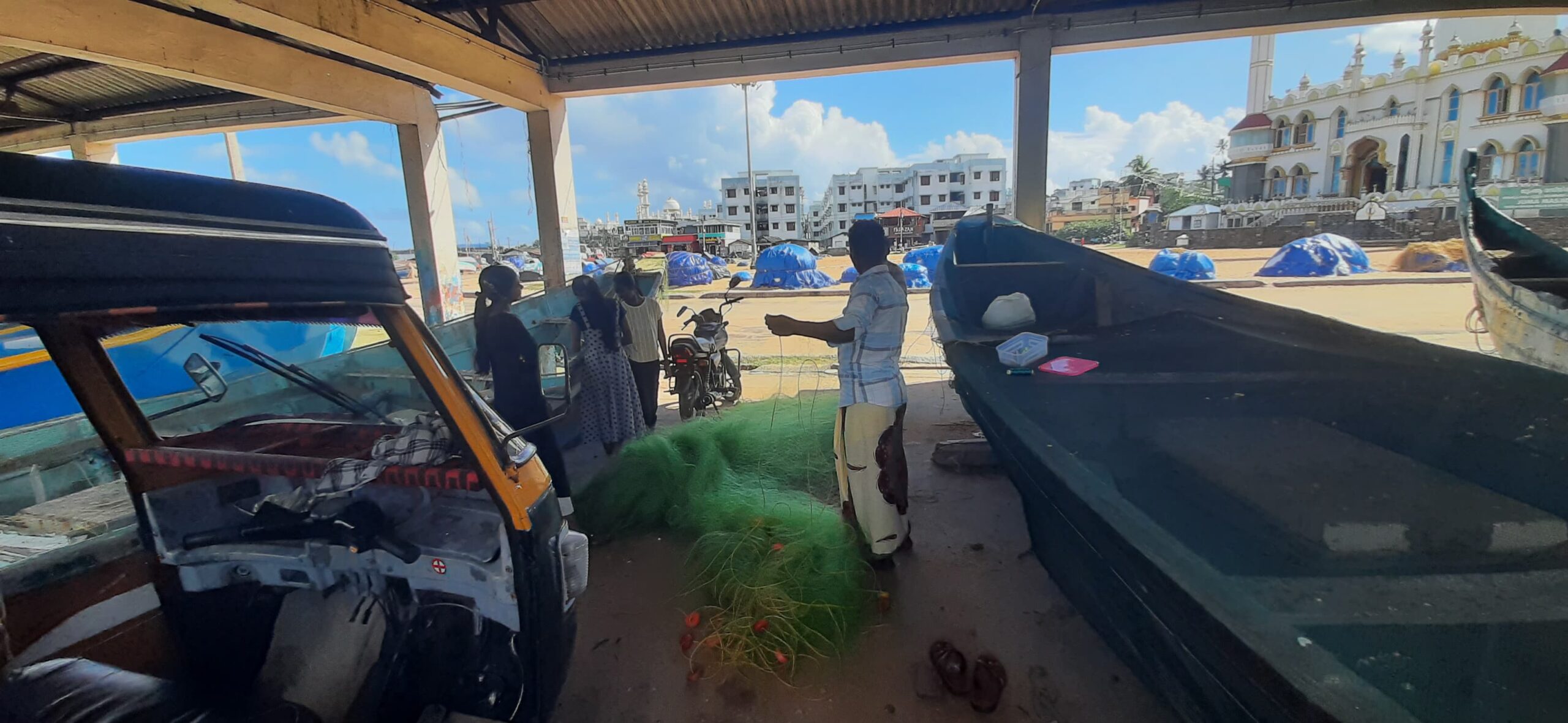

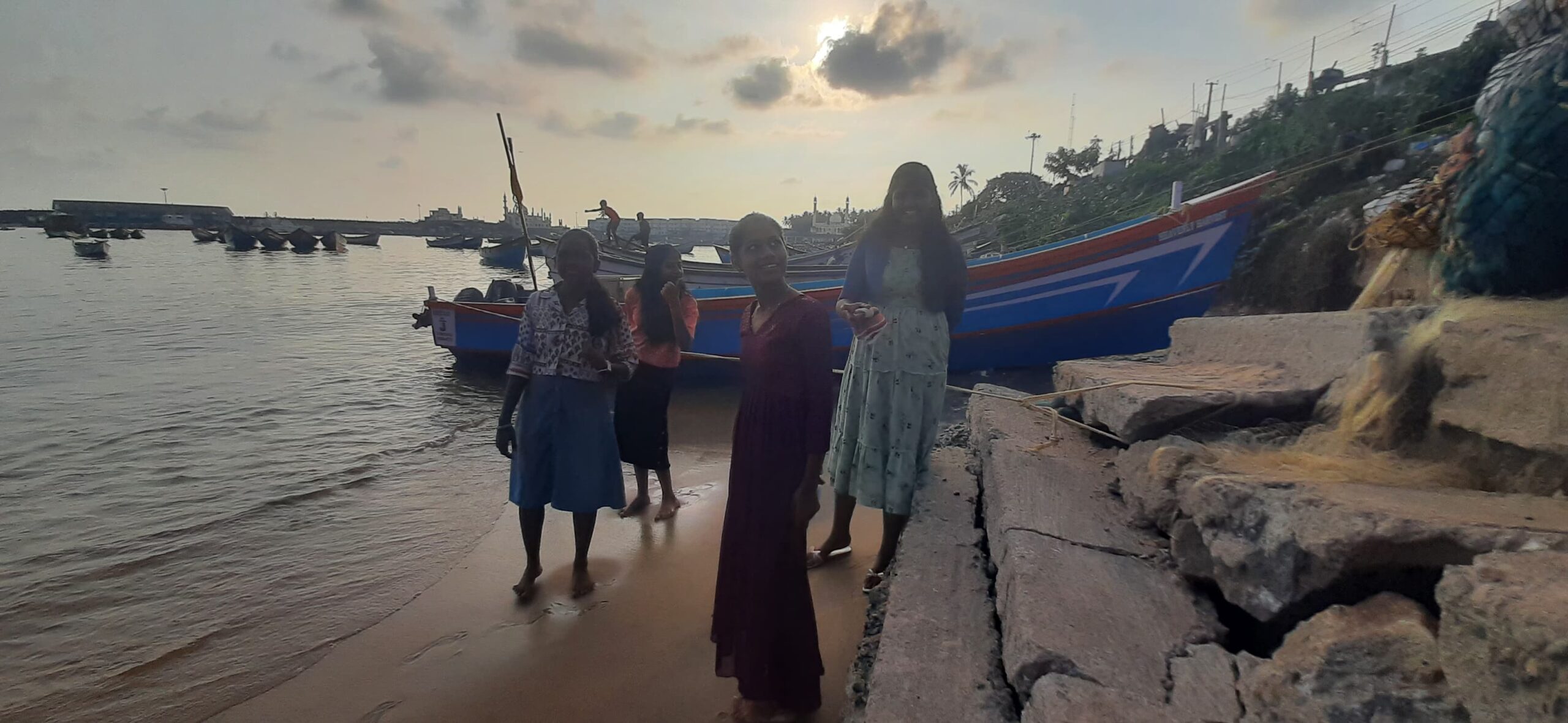
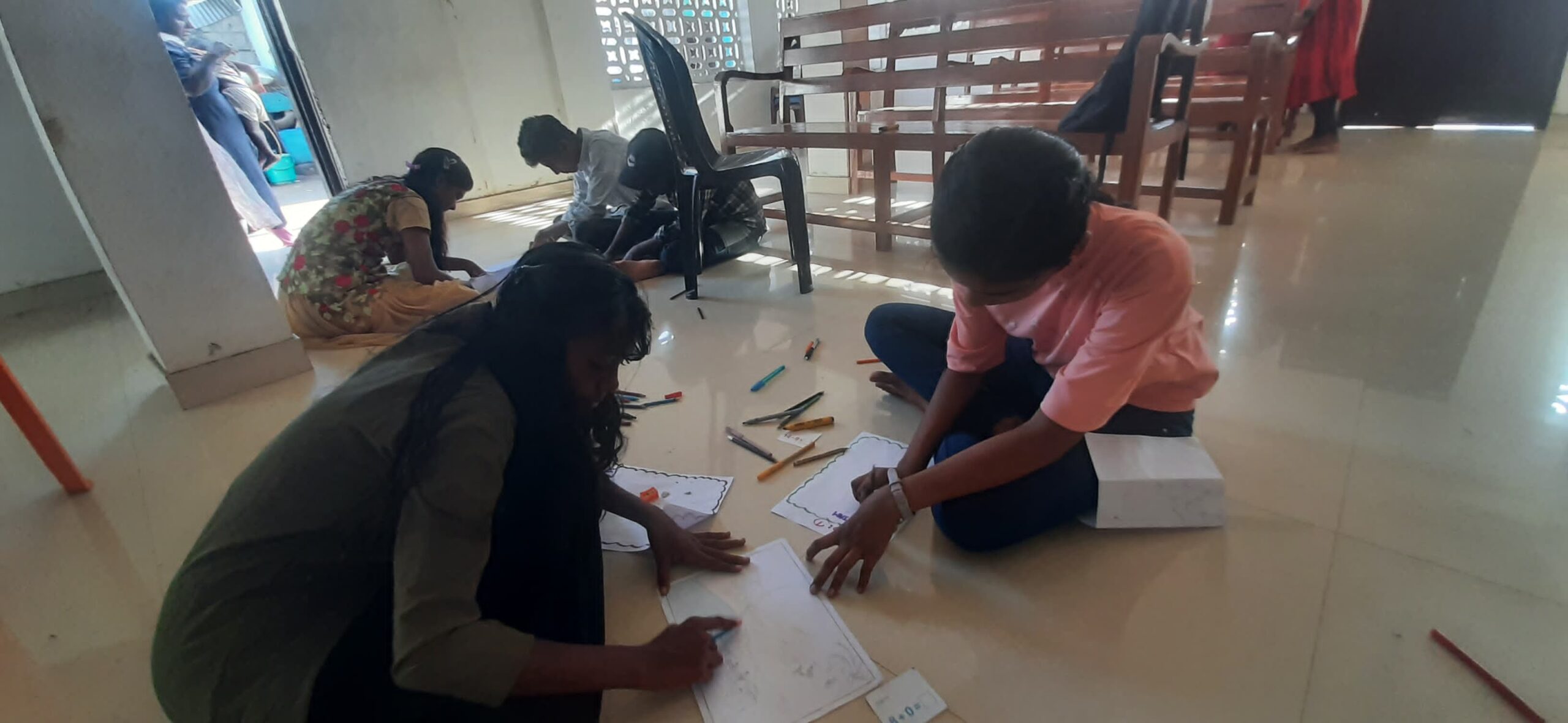
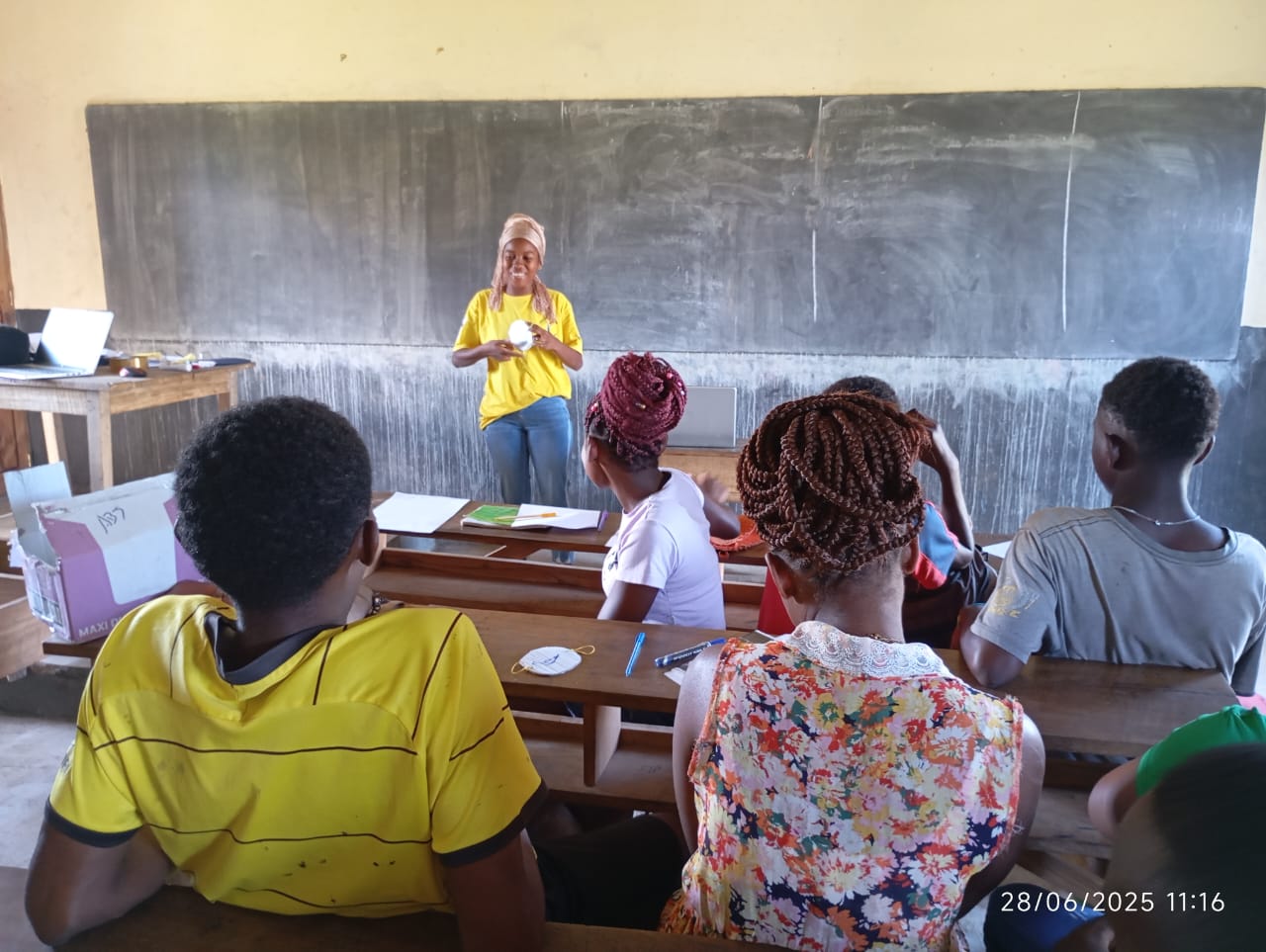
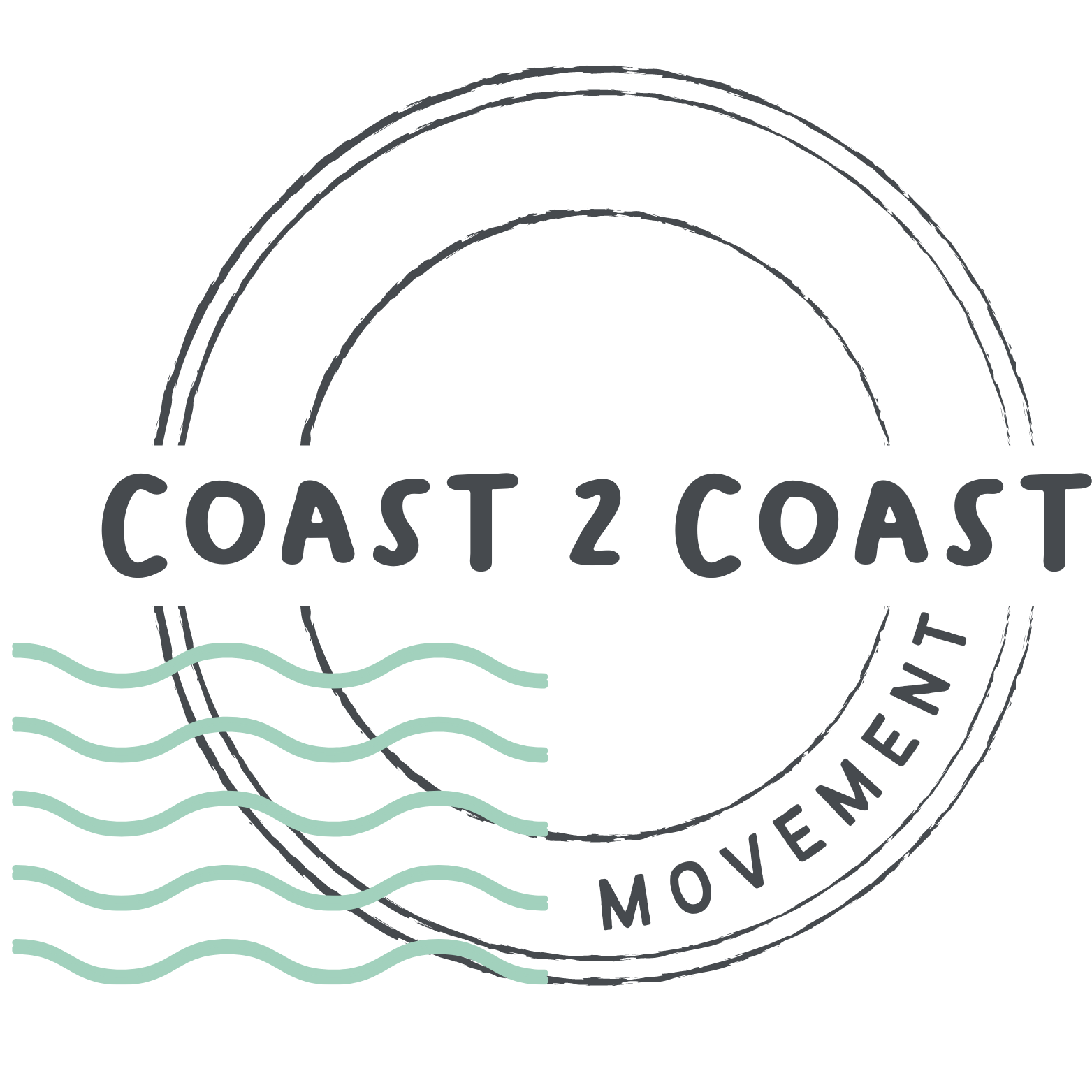
Project Website
|
Visit Coast 2 Coast Movement|
Visit Coast 2 Coast Movement's Spotify|
Visit our socials
Funded by


Partners



